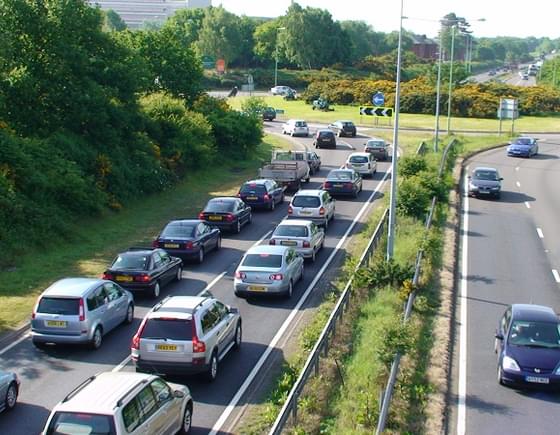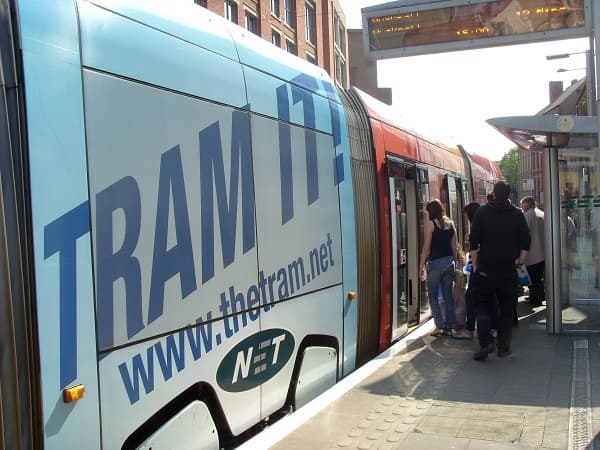6Cs Congestion Management Study
Delays associated with worsening traffic congestion in and around Derby, Leicester, and Nottingham were estimated to cost the local economy over £500m each year in 2008. The six affected highway authorities collaborated to scope how different packages of demand management measures, including road user charging, might address this issue.
ITP played a major role in this £2 million project, leading the stakeholder engagement, developing charging scheme options, advising on outline system designs, appraising impacts of different congestion management strategies and preparing the final study report. Our report provided a key piece of evidence that informed the local decision not to progress further work on these concepts. Negative local public acceptability issues were considered to outweigh the anticipated benefits associated with traffic congestion reductions.



